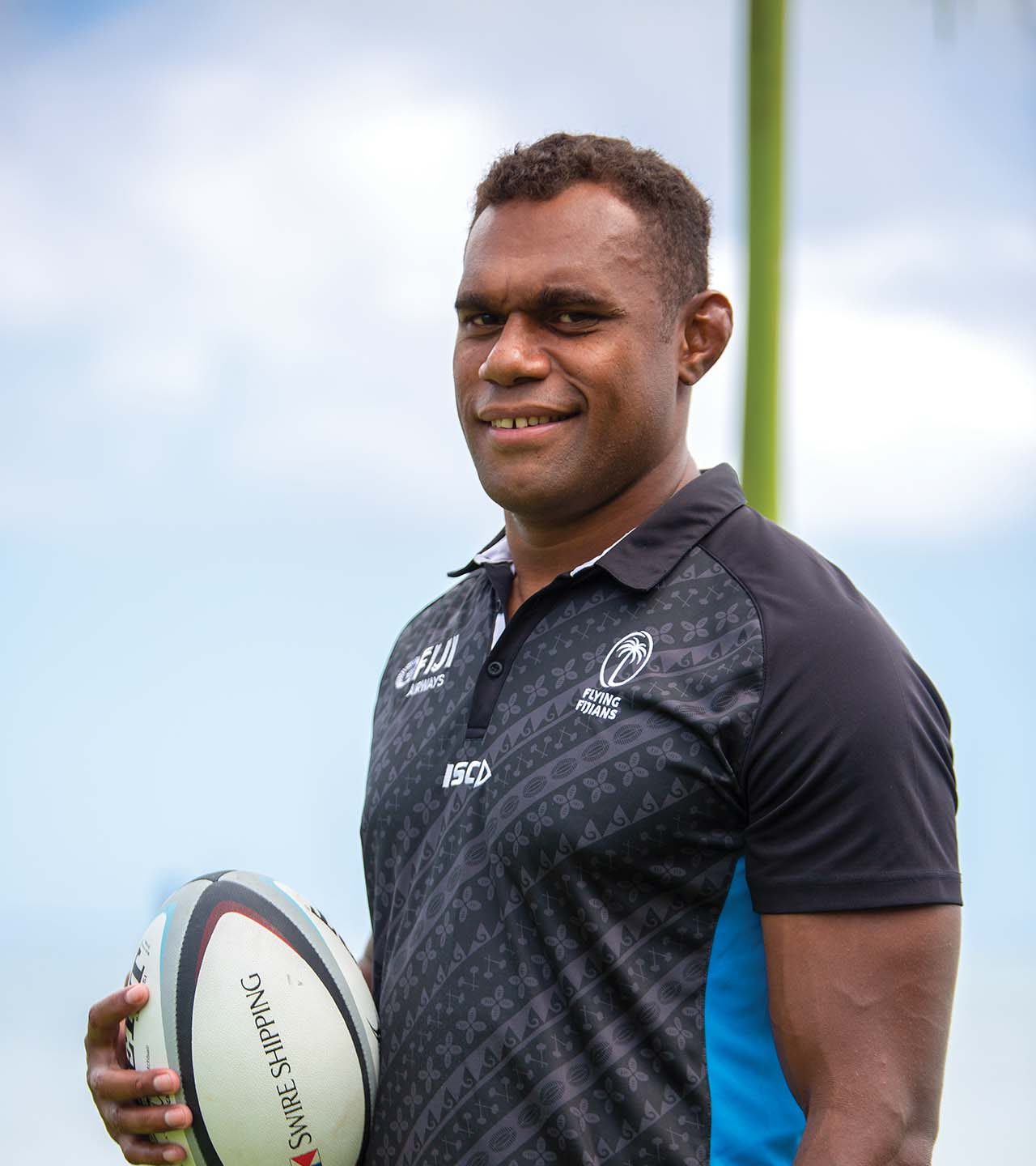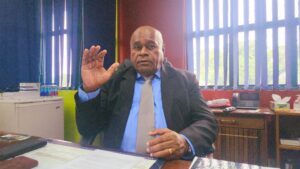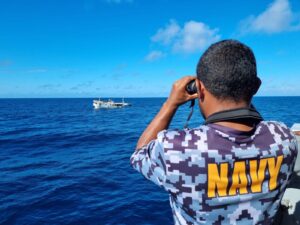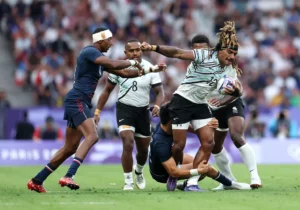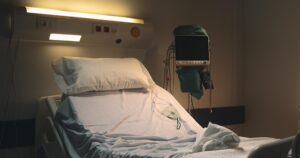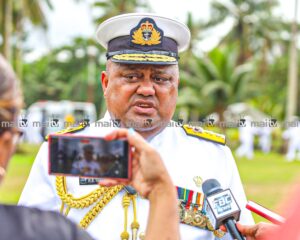Famed globally for his mighty offloading game, commanding runs and formidable general play, Flying Fijian second-rower Leone Nakarawa is tipped as the likely crowd-pleaser at the forthcoming Rugby Union World Cup championships in Japan.
Ranked among the world’s top 100 players (out of the 3 million currently registered) is one of many accomplishments distinguishing Nakarawa’s rugby career since making his debut for Fiji against Tonga a decade ago.
Nakarawa has played 56 tests for Fiji, starting in 51 of those matches. He brings treasured experience to a team that is expected to set off fireworks in Japan – being one of the only five players in the 31 member squad to have played in two previous world cup campaigns (in 2011 and 2015).
He is one of the marauding Fijian rugby nomads playing top professional rugby around the world – for Scotland’s Glasgow Warriors in 2013; and for Racing 92 in France since 2015.
Nakarawa’s performance for Racing last year saw him bestowed the highest award in European Rugby, the European Professional Club Rugby player of the season, becoming the first Fijian to do so. He was nominated for the same award again this year.
In between those stints, he was also anointed as a Fijian sporting legend as part of the celebrated Fiji 7s team that gloriously won gold for Fiji at the Rio Olympics in 2016.
Despite his impressive record, Nakarawa is extremely grounded. Nakarawa credits his success from lessons learnt from his “tough childhood and family struggles.”
Growing up in Matanagata, Vatukoula as the fourth child in a family of six, putting food on their table was a daily battle for his father after quitting his job to join the infamous Vatukoula Gold Mine strike in 1991. Nakarawa was only 3 years old at the time.
His father farmed and fished in the nearby Nasivi River for maleya (freshwater fish) to feed the family.
“We struggled. Sometimes we did not have anything to eat. Very often my mother had to find ways to whip up delicious meals from whatever was available around us,” Nakarawa remembers. “That kind of life taught us to be grateful – for whatever we had, irrespective of quantity. We learned early to sacrifice and be content.”
That experience “motivated us to work harder so we could get good jobs and support ourselves.”
Their parents’ steadfast Christian faith was also a great source of strength and stability for the children. Through their desperate plight, Nakarawa and his siblings made a pact to ensure that their offspring would never have to experience the same struggles.
“We wanted it to end with us. It was too hard a life for anyone to endure.”
He adds: “We’ve made progress, but we will never forget how we got here. I couldn’t have done what I have done on my own. I have a great support network from home and in rugby.”
Nakarawa is 31 – an age where many rugby players start thinking of hanging up their boots, but that is far from his mind yet. At his peak, his versatility enables him to remain one of the game’s major drawcards. He believes he can follow in the footsteps of New Zealand All Blacks’ second-rower, Brad Thorn, who played until he was 40.
Nakarawa will be one of the star attractions at the RWC2019 extravaganza in Japan.
Fiji is in Pool D and will open their campaign against Australia in Sapporo on September 21st before a tricky clash with Uruguay in Kamaishi four days later.
Our Flying Fijians are then pitched against a tough Georgia team at Hanazono Rugby Stadium on October 3rd; and will wrap up their pool games against Wales – currently ranked No. 1 in the world – at Oita Stadium on October 9th.
Originally published in Fiji Plus in September 2019.

